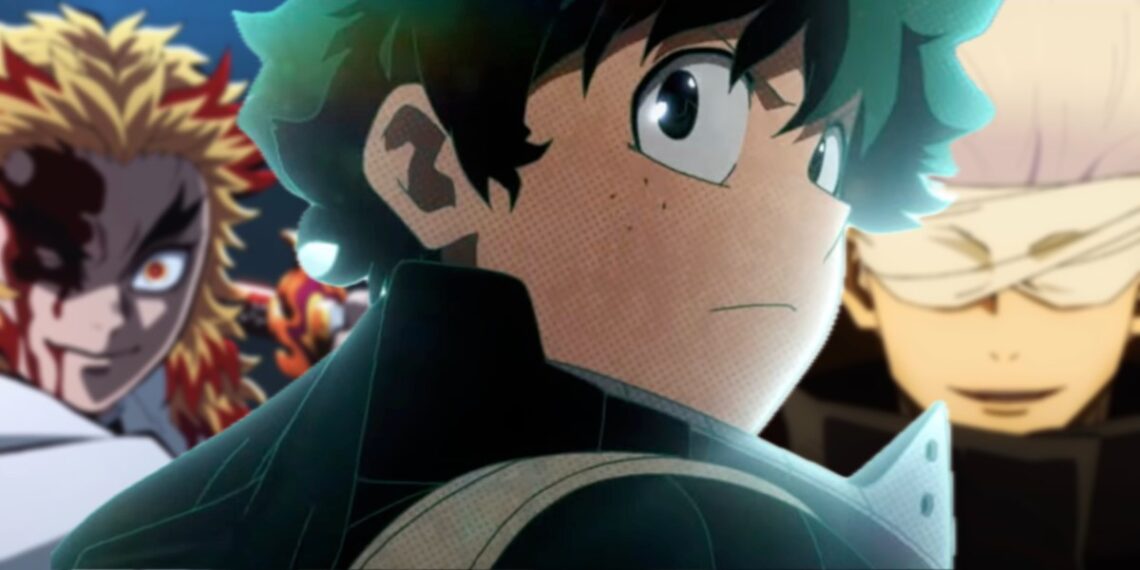The popular anime series My Hero Academia has built an immersive fictional world over its six seasons of adapting Kohei Horikoshi’s manga. In addition to the main anime storyline, there have been three standalone My Hero Academia movies released which further expand on characters and events within this rich superhero universe.
However, while quite enjoyable for fans, none of these movies have managed to capture widespread attention and big box office success comparable to hit films from some other current anime franchises.
There could be a few factors influencing this. The My Hero Academia movies may come across as more niche given their close ties to the unfolding anime plotlines.
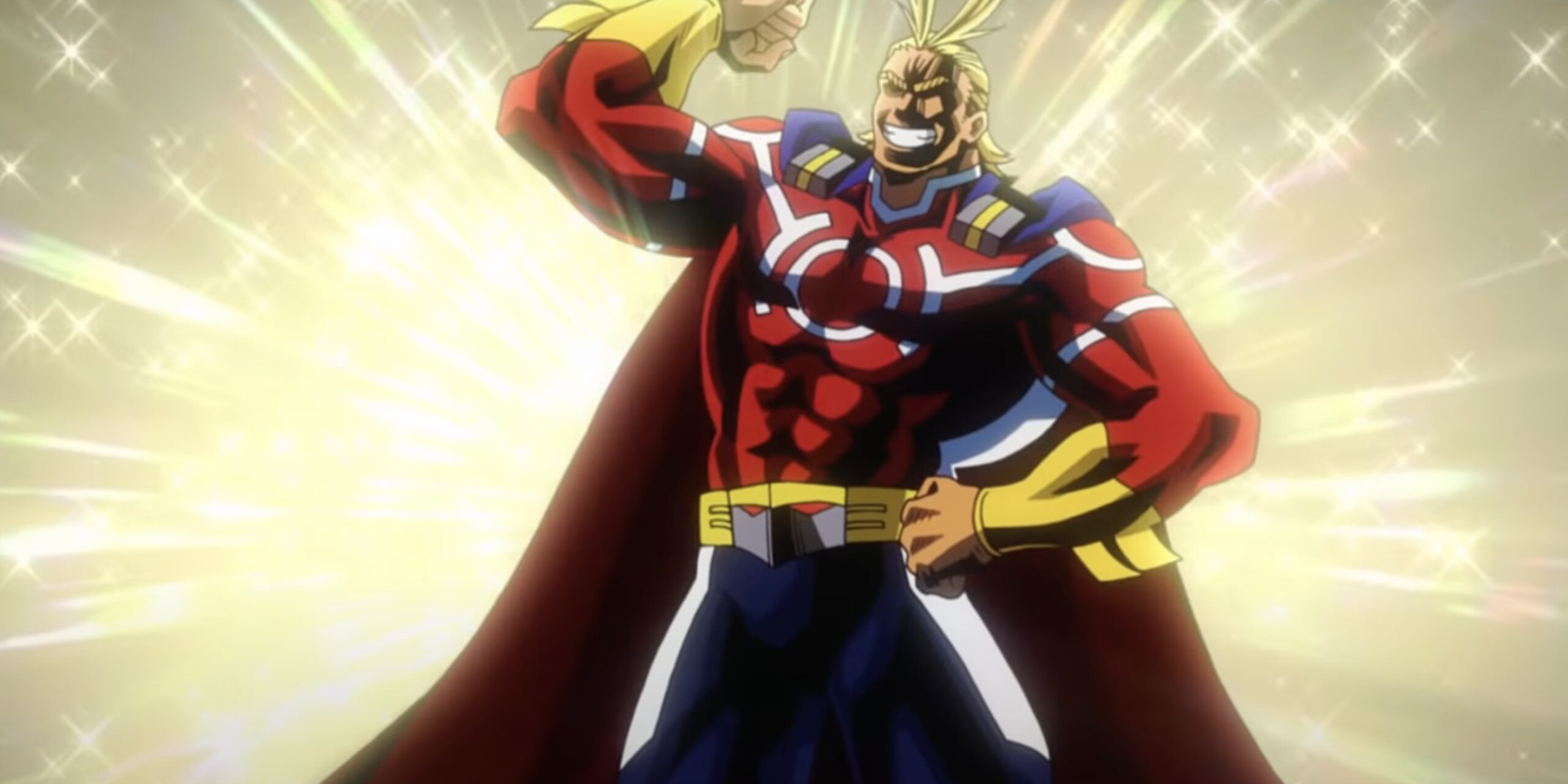
Or they have yet to strike the same mainstream chord and visual spectacle as a massive crossover animated feature like Demon Slayer or the viral sensation surrounding Jujutsu Kaisen 0.
Still, for loyal viewers eagerly following the adventures of Deku and his classmates, the movies offer extra time with beloved characters and a glimpse at new narrative corners of this hero world.
Popular Among Fans, Yet to Reach the Cultural Impact of Juggernaut Series like Demon Slayer and Jujutsu Kaisen
Kohei Horikoshi’s superhero manga My Hero Academia has developed a huge fan following since first being published in 2014.
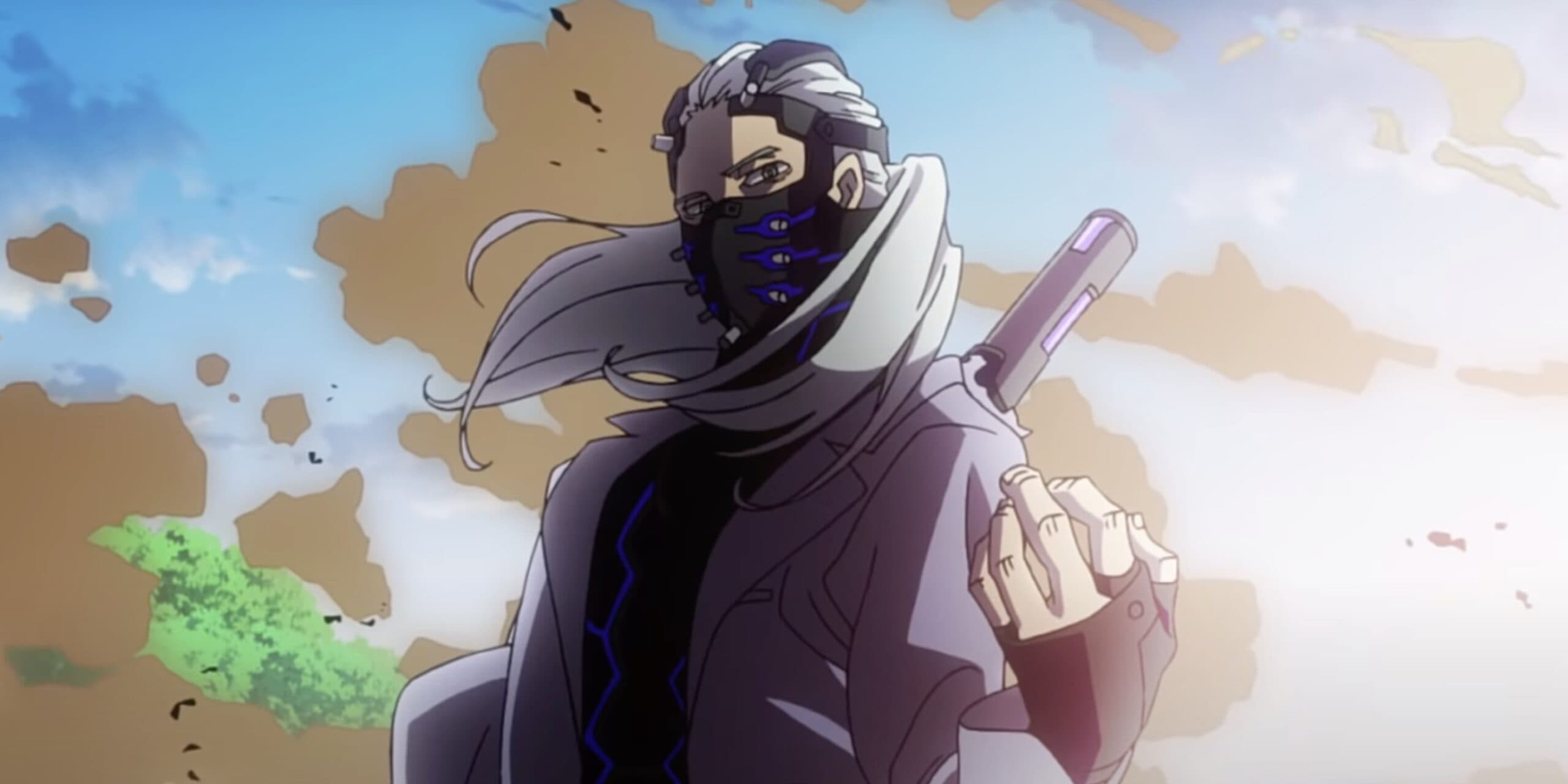
This massive popularity led to a six-season anime series as well as three spin-off animated films – My Hero Academia: Two Heroes in 2018, Heroes Rising in 2019, and last year’s World Heroes’ Mission installment.
The franchise’s success and established audience allowed these movies to find box office success and general fan reception.
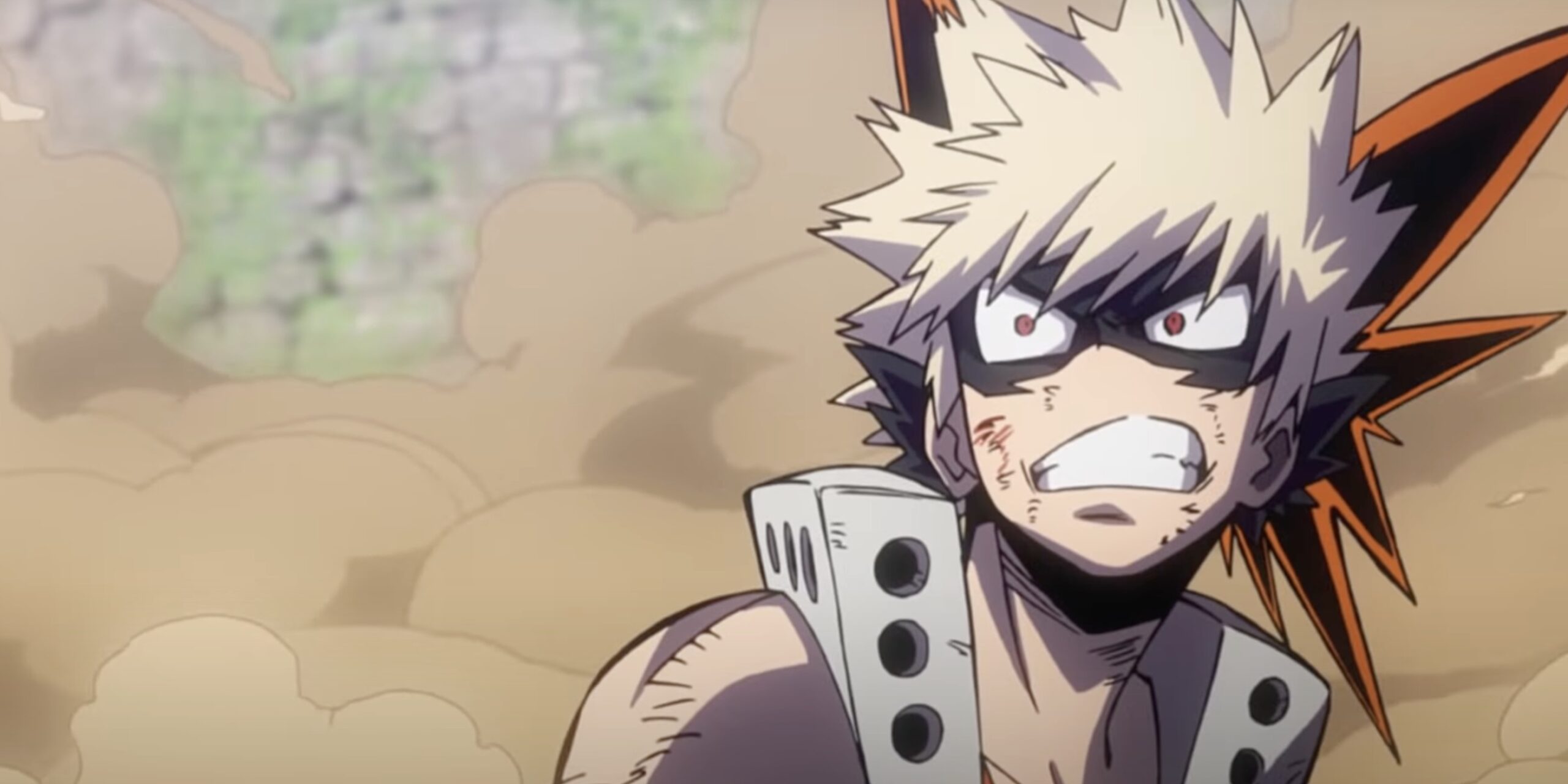
However, financial totals and broader mainstream buzz couldn’t match the explosion sparked by anime films tied to some other current juggernaut series.
Specifically, Demon Slayer and Jujutsu Kaisen set records and sparked viral sensation levels that My Hero Academia hasn’t achieved, despite its own ideals and great moments translating well to the cinematic format for devotees.
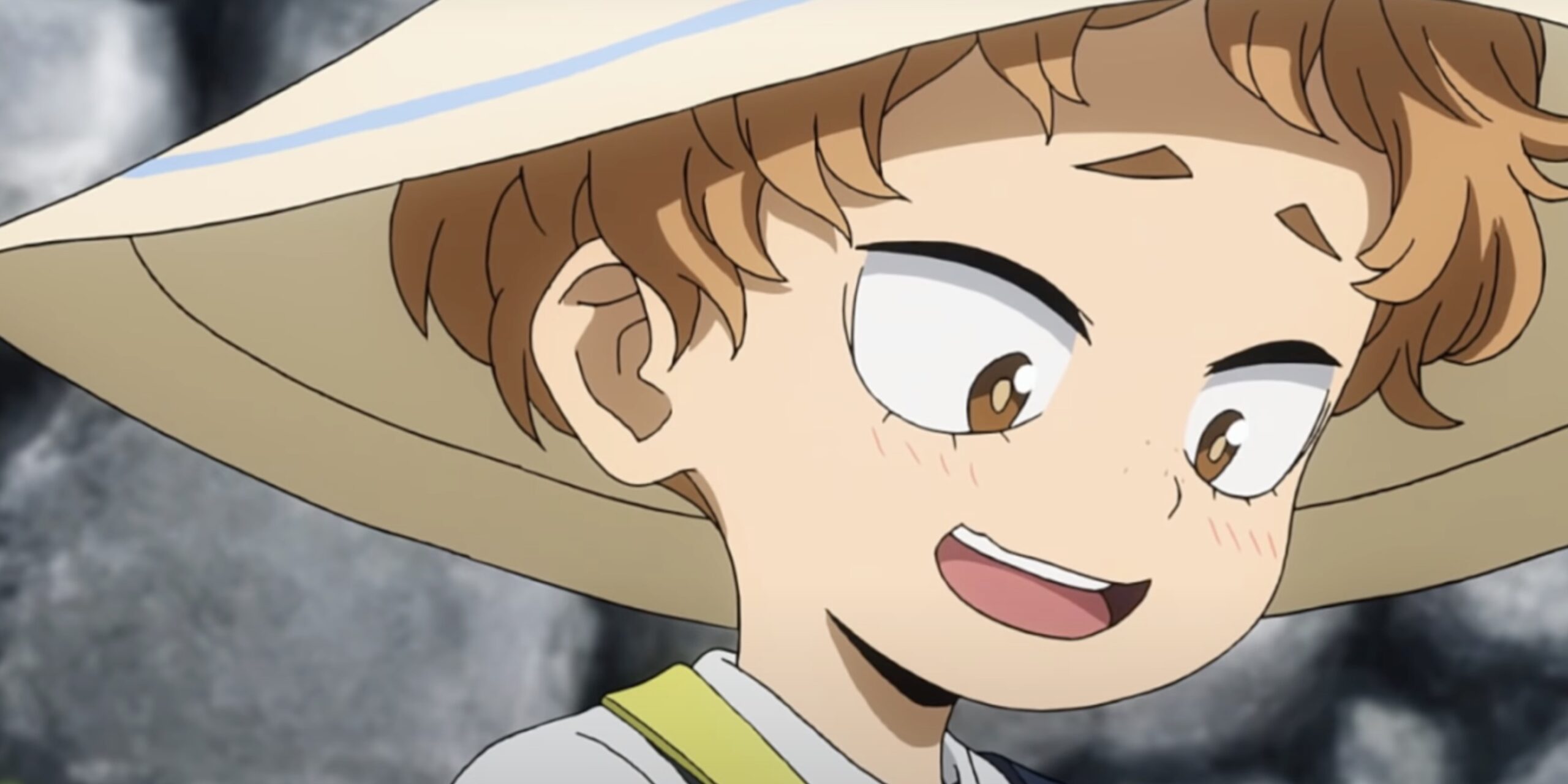
The movies afford nice expansion on key characters and themes but haven’t elevated to true event status beyond the core fandom.
Exploring the Dark Origins Before the Anime’s Main Storyline
Last Christmas brought a special gift for fans of the popular dark fantasy series Jujutsu Kaisen – a new prequel film titled Jujutsu Kaisen 0.
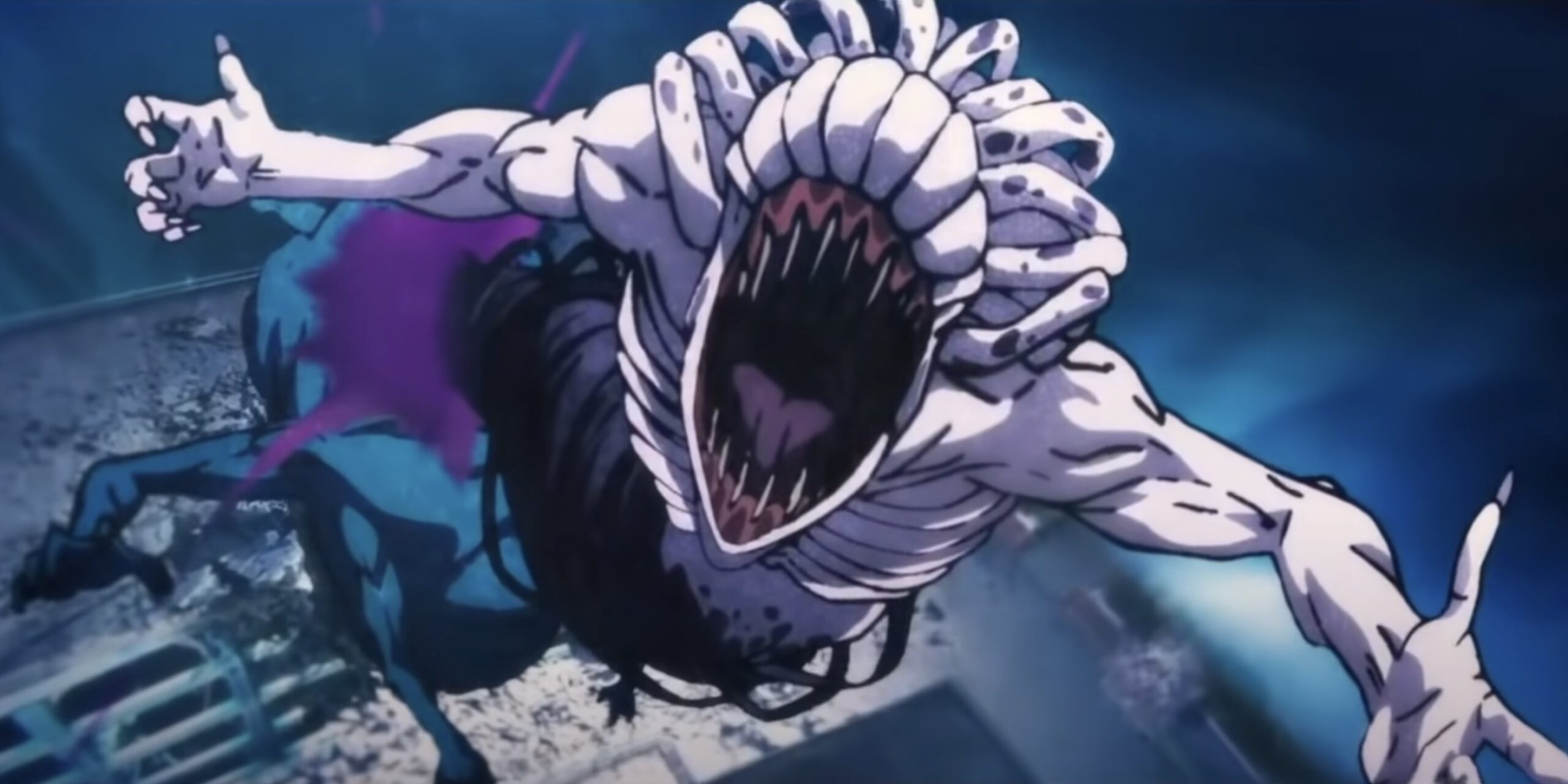
This movie, which was released in theaters on December 24, 2021, actually depicts events prior to the start of the main anime storyline.
Specifically, Jujutsu Kaisen 0 focuses on the character Yuta Okkotsu, a nervous high school student haunted by the spirit of his childhood friend Rika who died tragically young.
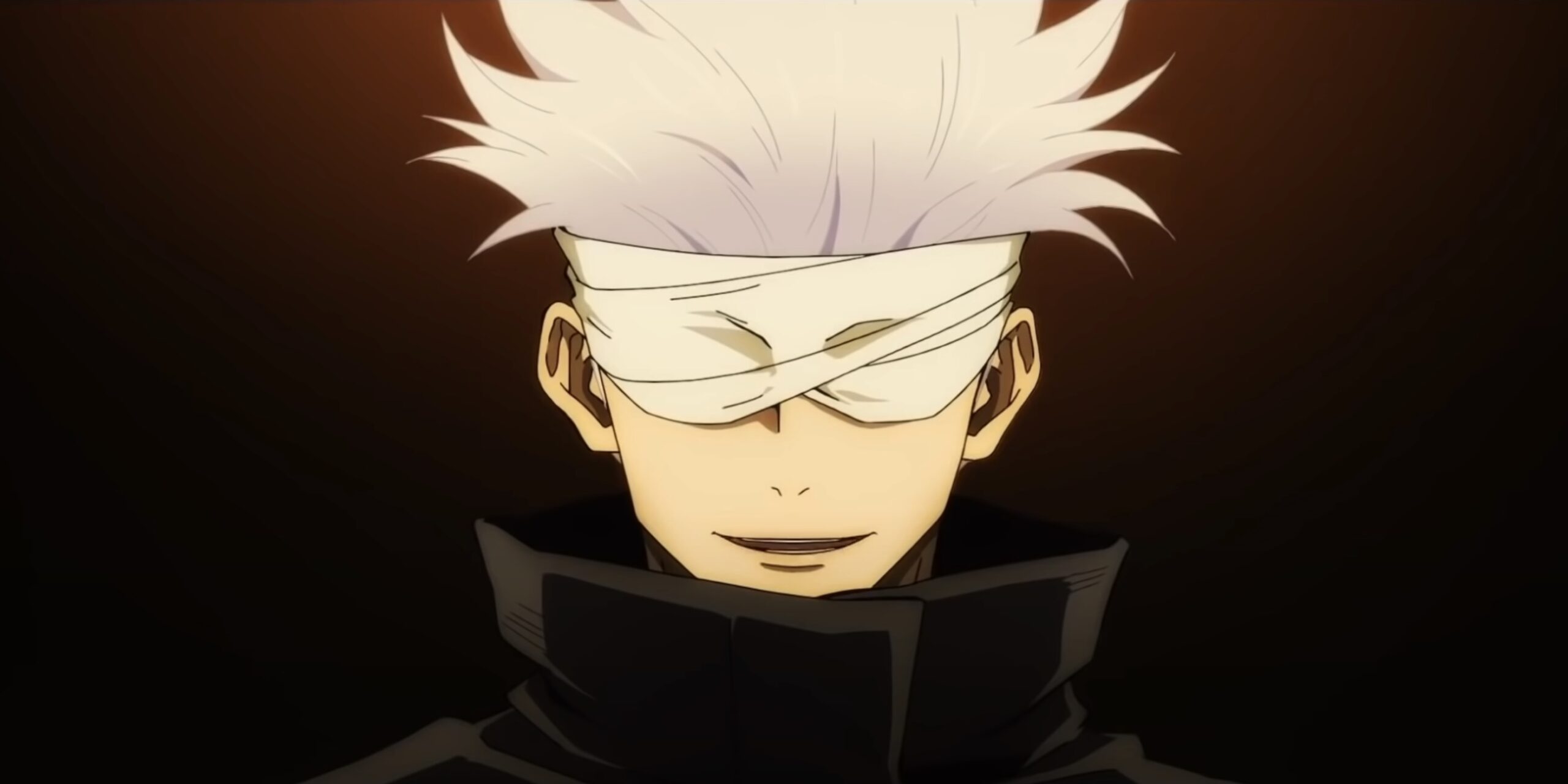
As Yuta’s situation grows dire, he enrolls in the secretive Jujutsu sorcerer training college and crosses paths with other main players like the prodigy Gojo and the unhinged Geto.
This tense backdrop allows the film to flesh out the sinister Curse phenomena and the rules governing this shadow world of exorcist battles well before lead character Yuji Itadori ever enters the fray.
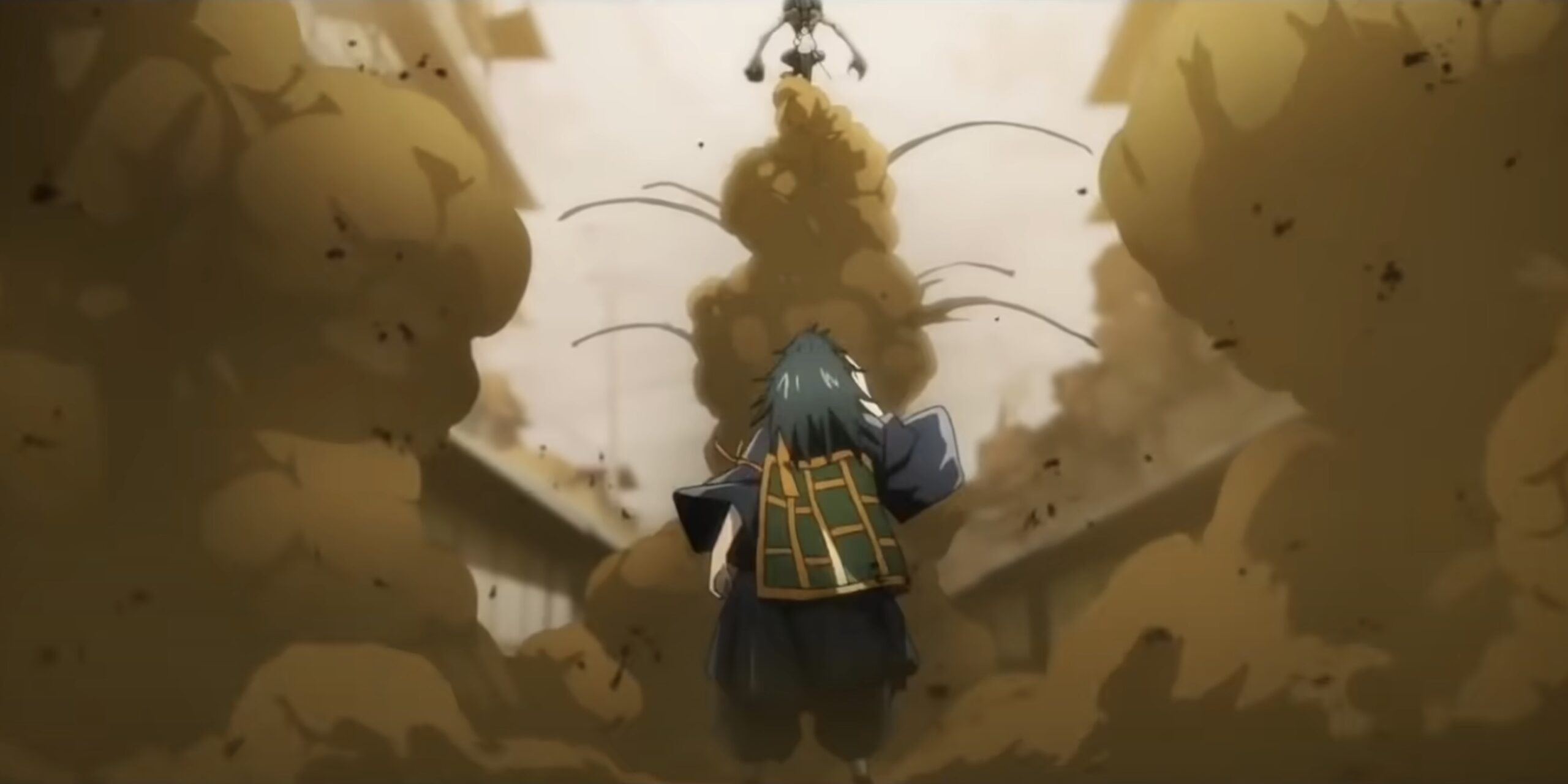
In particular, Jujutsu Kaisen 0 shows the turning point of Geto snapping, providing crucial context for the dangerous foe he becomes later on.
So while centered on Yuta’s emotional arc, this prequel story enriches understanding of the wider series in ways fans craved.
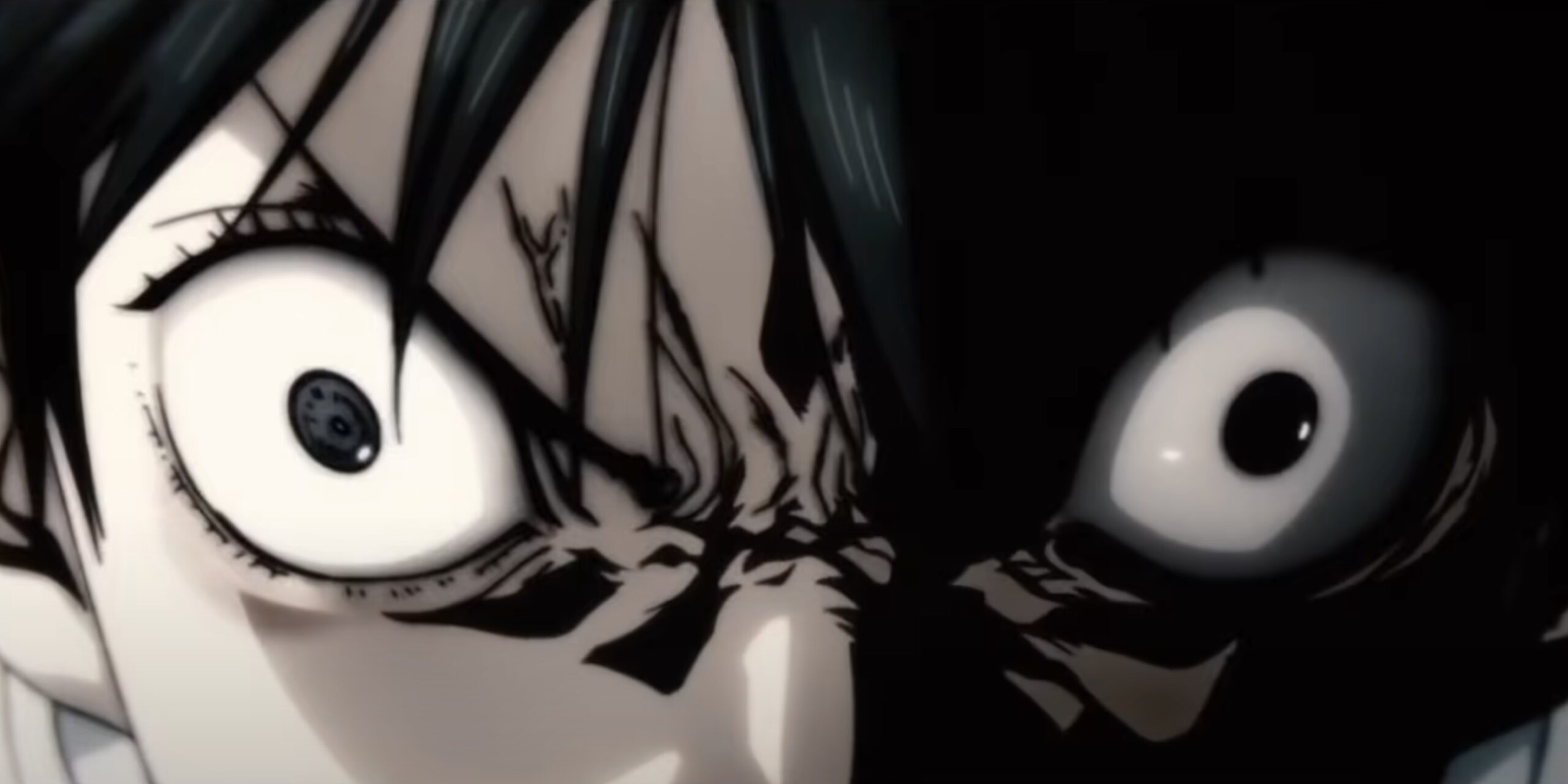
The mix of sympathetic characterization and impressive animation set the film apart as a spin-off success.
Demon Slayer’s Mugen Train and Jujutsu Kaisen 0 – Pioneering New Narratives and Box Office Success
While Jujutsu Kaisen 0 helped flesh out the backstory, Demon Slayer made big waves of its own in 2020 with the canonical film Demon Slayer: Mugen Train.
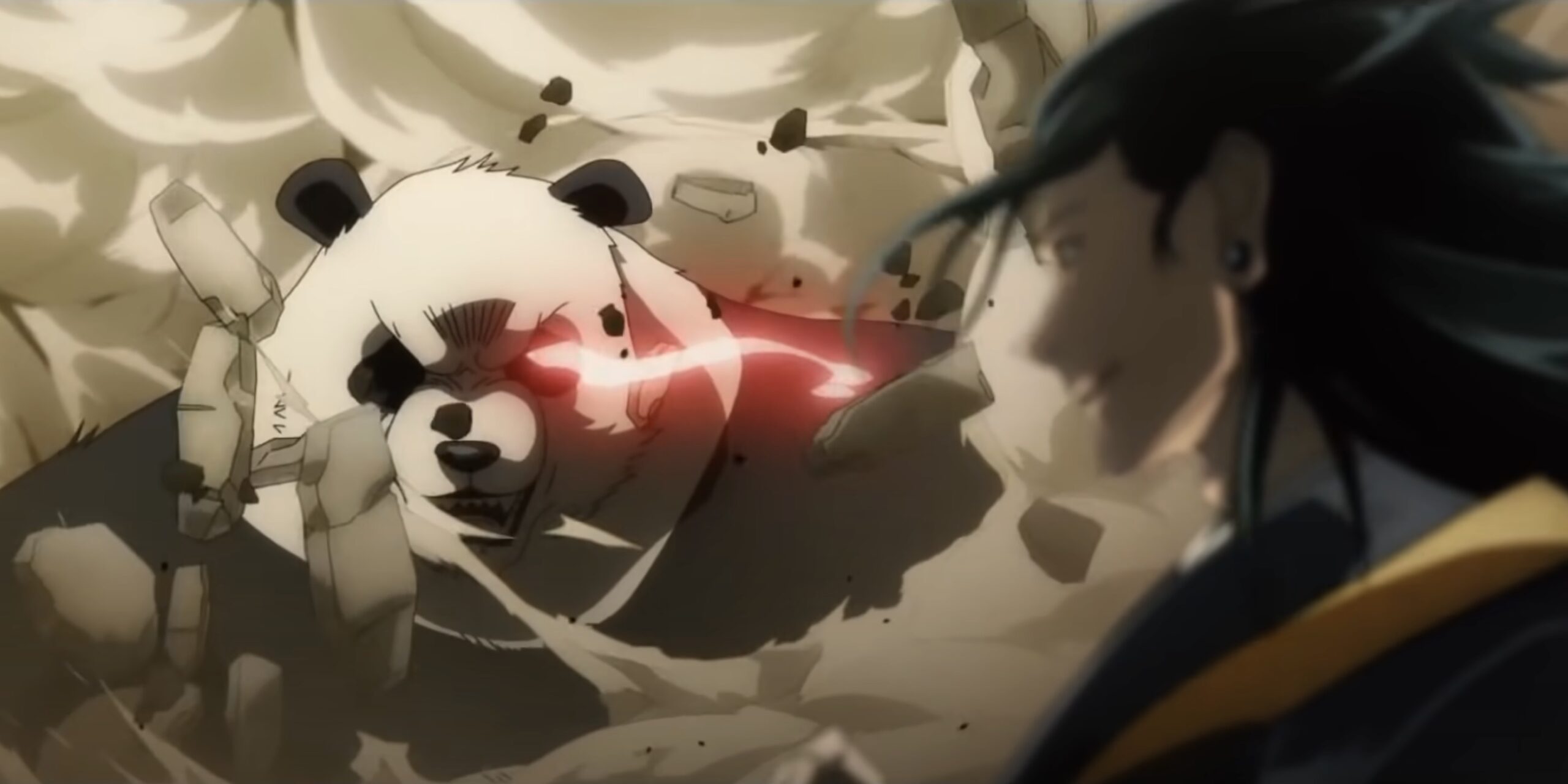
This movie picks up right after the end of the first anime season, sending Tanjiro and friends on a fateful train ride encounter with the vicious demon Enmu and Upper Moon 3 Akaza.
Released in theaters on October 16, 2020, the Mugen Train adaptation became a landmark event for the franchise.
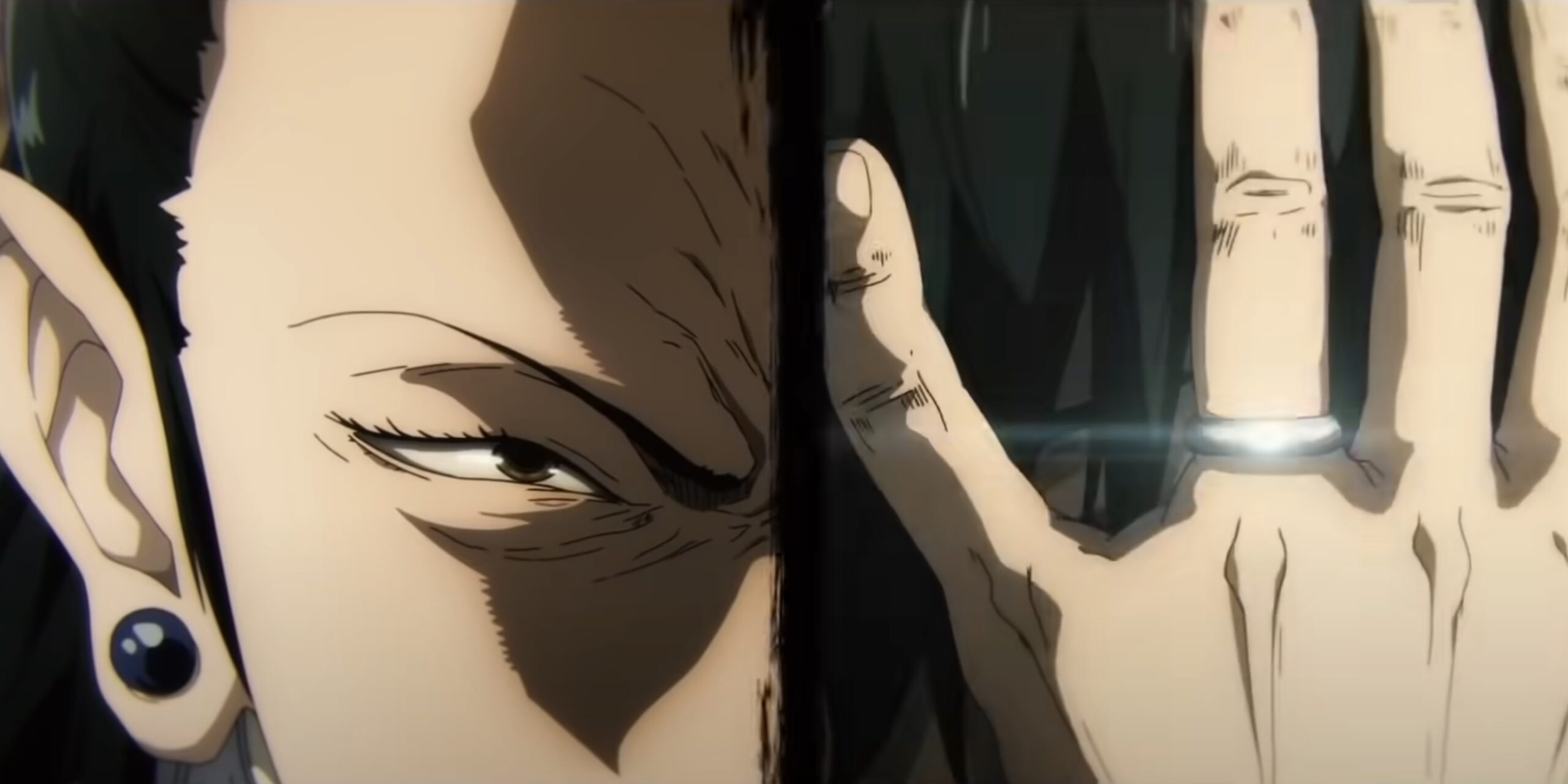
The film tackles heavy narrative arcs involving Rengoku’s valiant last stand and Tanjiro regaining resolution. Introducing the intimidating Akaza also foreshadows future manga events soon to unfold in the second season.
Both Mugen Train and Jujutsu Kaisen 0 proved essential installments that advanced plot and character development while thrilling fans with stunning animation sequences.

Each movie also generated incredible profit margins as two of the highest-grossing anime films ever.
While My Hero Academia’s movies contribute fun side stories, Demon Slayer and Jujutsu Kaisen created true mega-blockbusters that captured widespread public mania through their storytelling gravity – showing what a difference source material timing and tension can make.
Entertaining Fillers, Unconcerned with Canon Impact
Unlike the plot-crucial films from Jujutsu Kaisen and Demon Slayer, My Hero Academia’s trio of movies occupy more of a side story space within the broader anime storyline continuity.
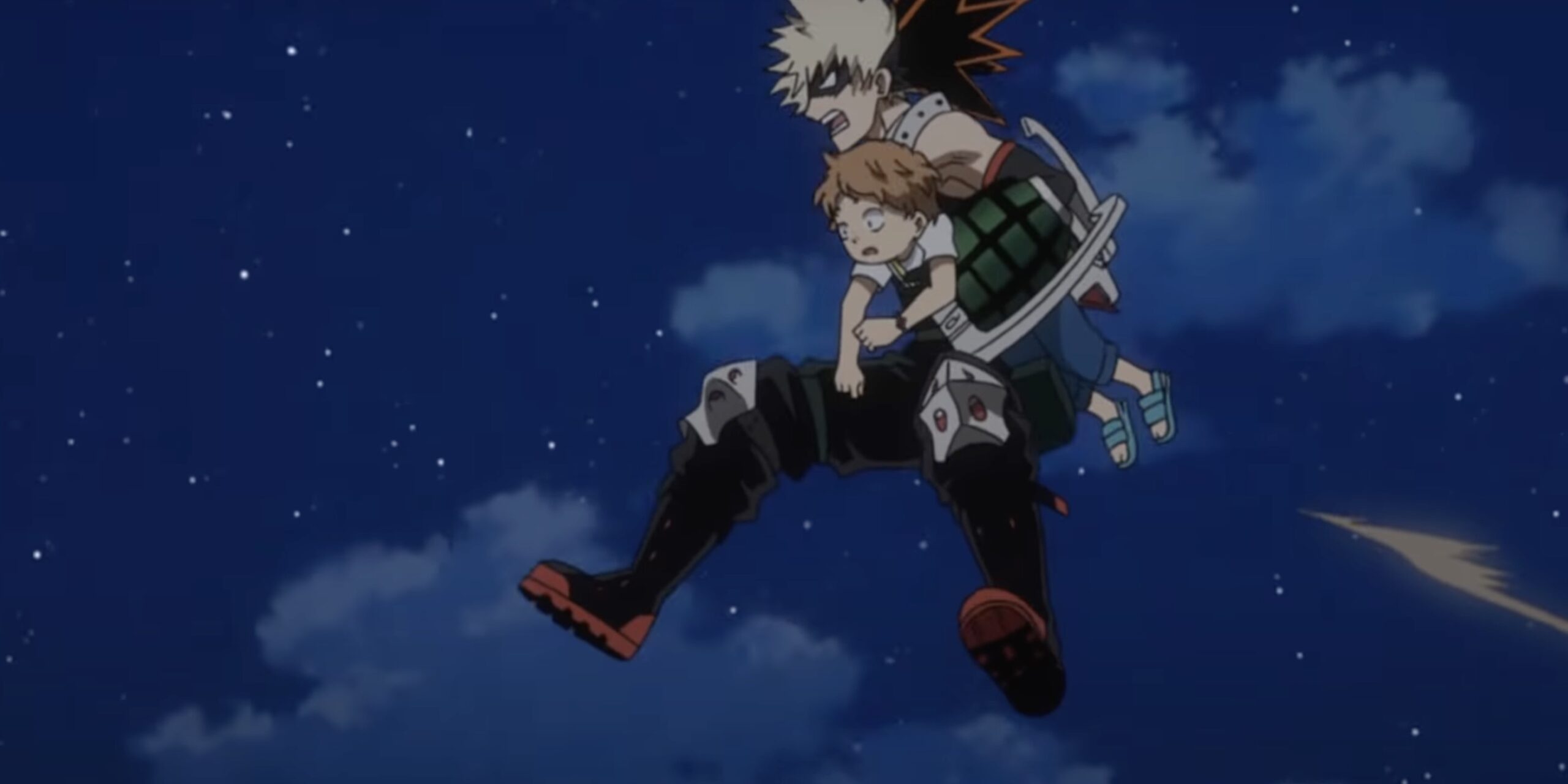
While one could argue the events do technically still happen in the canon timeline, none of these movies drive any pivotal narrative turning points or character arcs forward.
Both My Hero Academia: Two Heroes in 2018 and Heroes Rising in 2019 take place in between seasons of the main story – almost like extended filler episodes focused on certain characters.
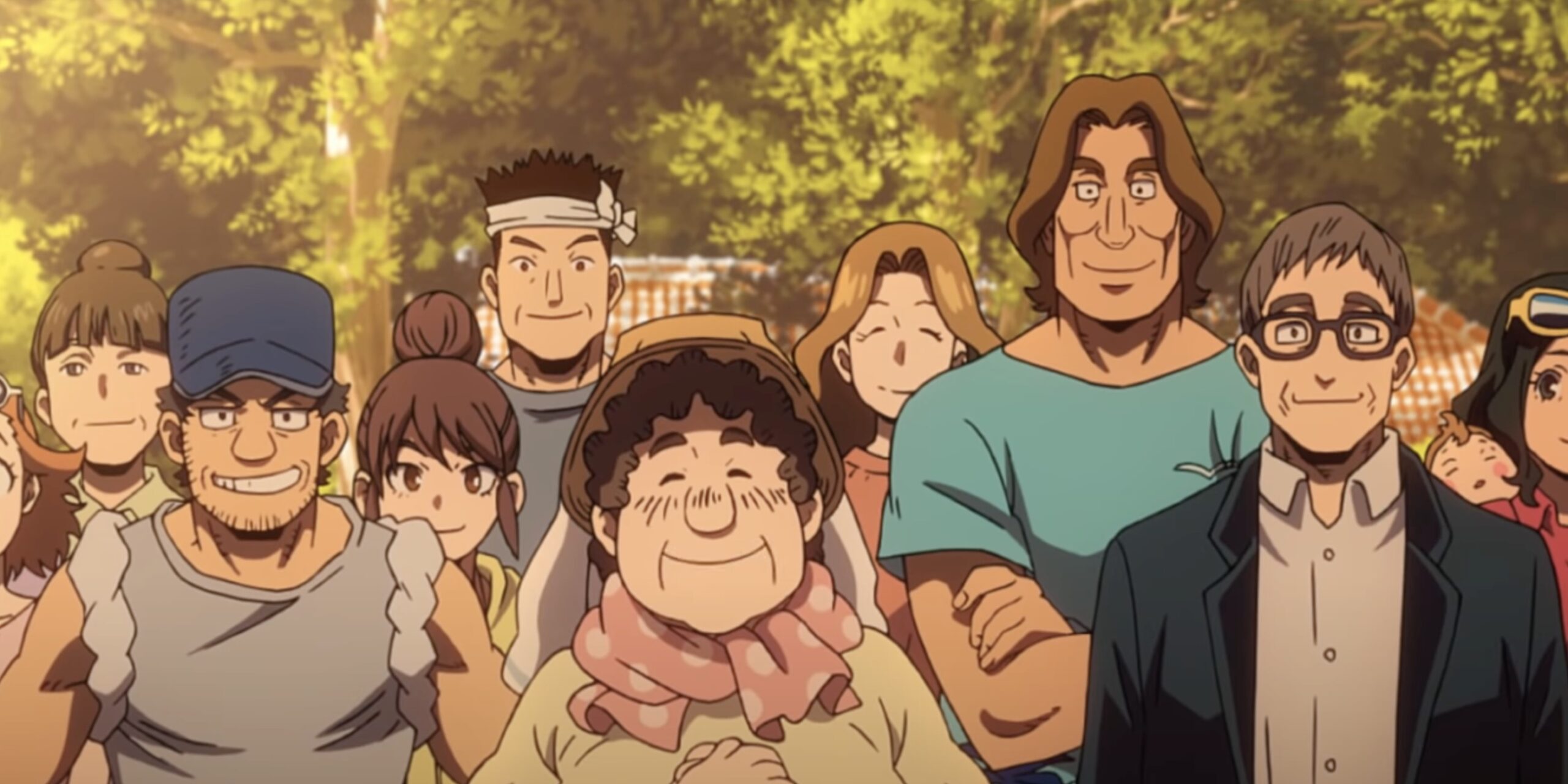
Last year’s World Heroes’ Mission fits the same mold, parachuting Deku and Bakugo into a one-off villain plotline.
So while the movies flesh out personalities and relationships and showcase impressive animated scenes, no major consequences carry over after the credits.
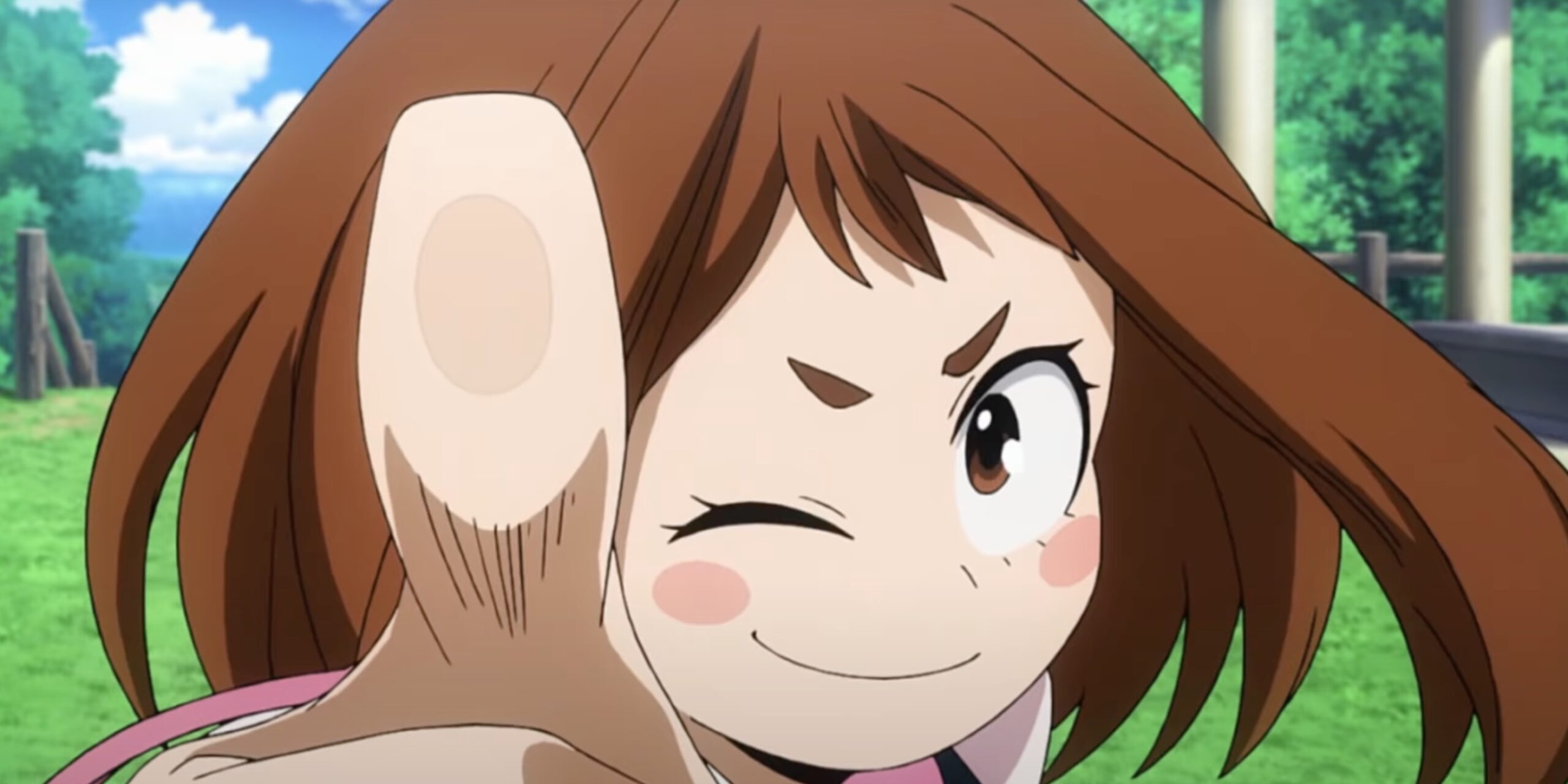
Rather than setting up future manga threats or killing off lead heroes like the sliced onions of Demon Slayer and gut punches of Jujutsu Kaisen, My Hero Academia’s films play things safer to showcase fan service.
This perhaps limits their wider appeal, but they reliably entertain loyal converts without tampering with core storyline beats.
Harsh Reality Of My Hero Academia Movies
When assessing the anime film landscape, My Hero Academia’s trio of movies clearly inhabits a different tier than the critical installments from Jujutsu Kaisen and Demon Slayer.
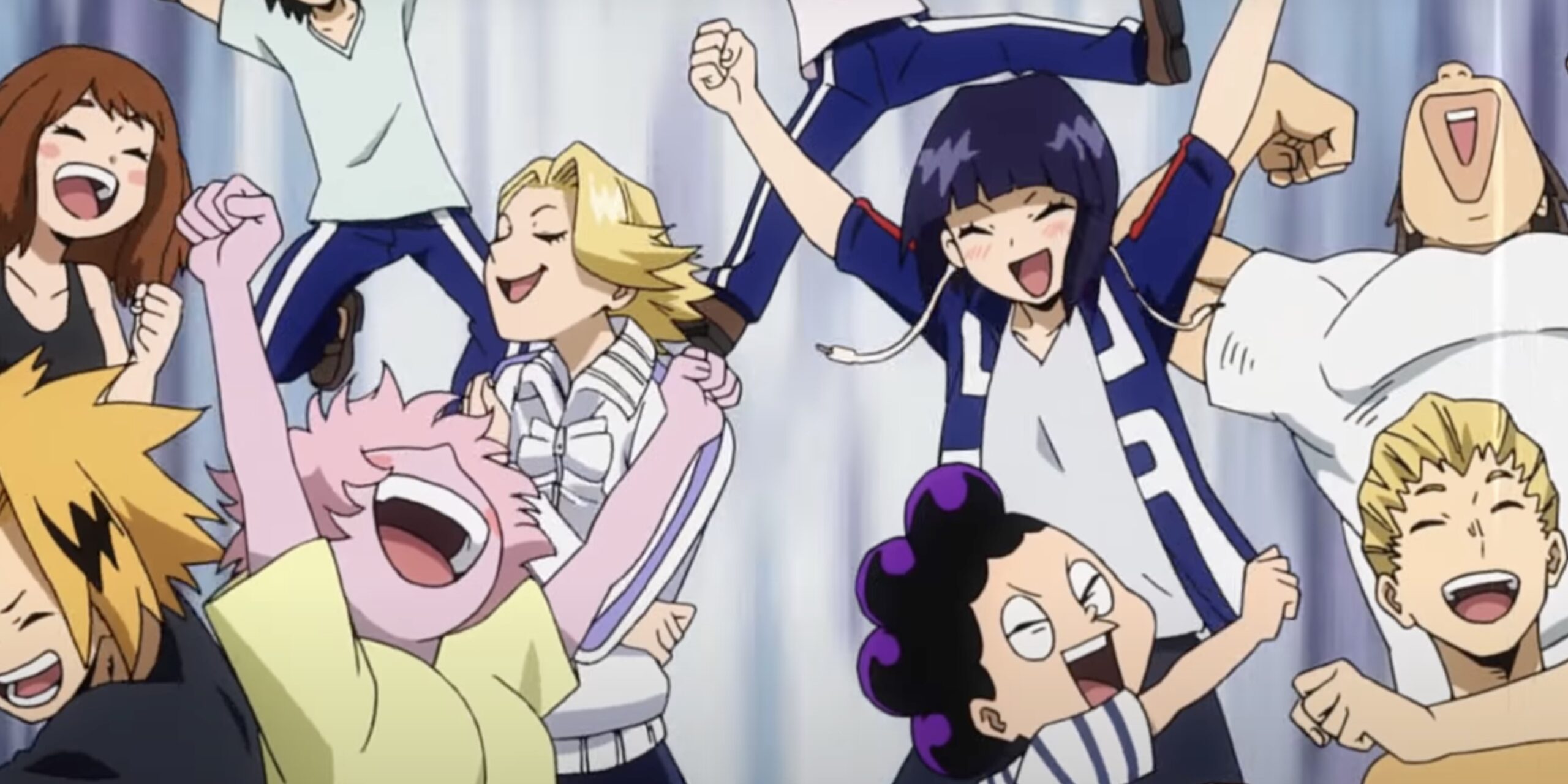
While offering quality production and fun character moments for fans, My Hero Academia’s films essentially act as flashy filler – enjoyable but non-essential side quests.
Unlike the history-shaping prequel of Jujutsu Kaisen 0 or the utterly unmissable Mugen Train arc forging Demon Slayer’s future, the self-contained plots of Heroes Rising and the other My Hero movies have no bearing on main storyline events. As such, they didn’t capture the same feverish attention and box office hysteria.
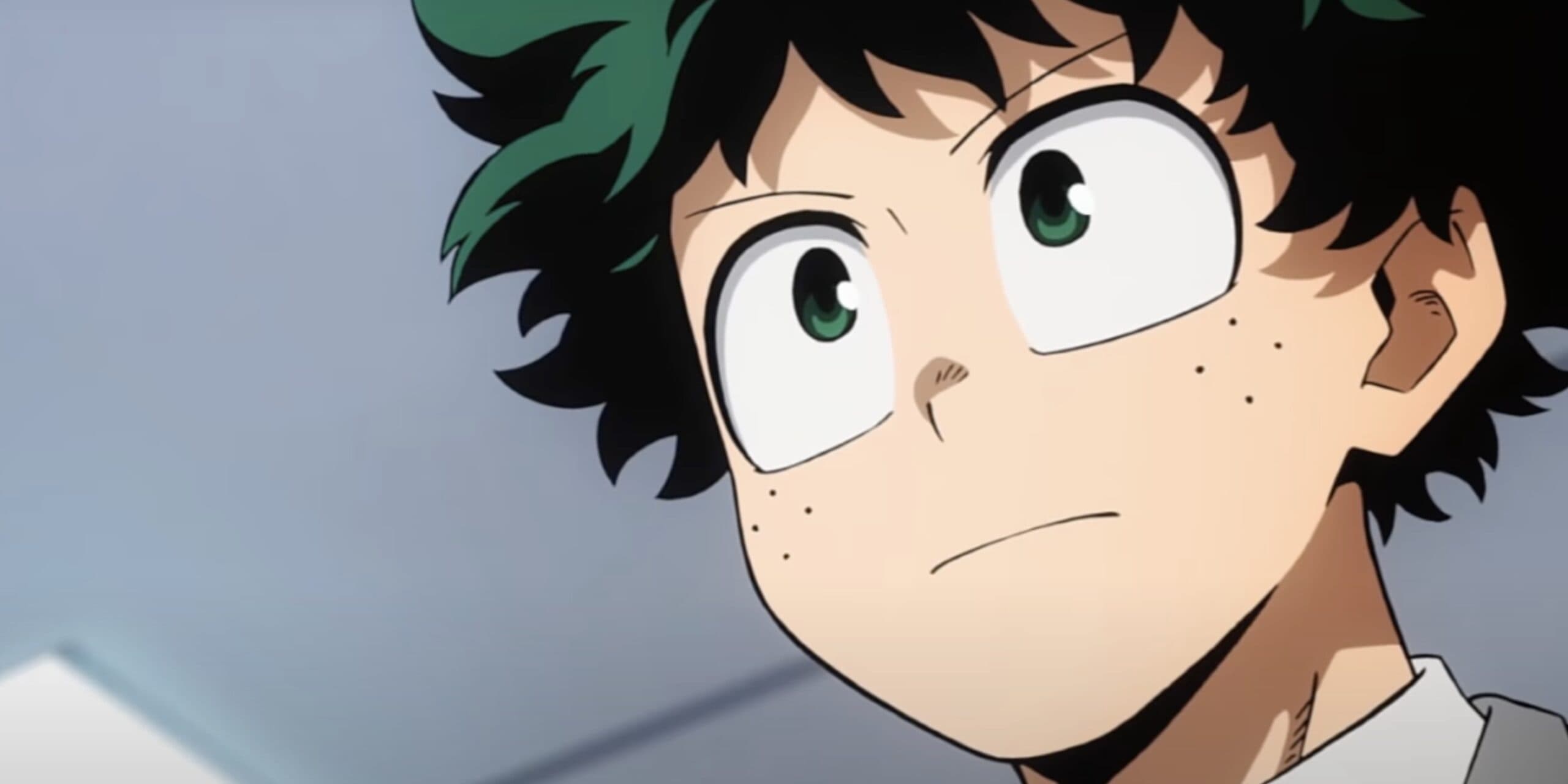
One can certainly appreciate My Hero’s films as opportunities to focus on certain characters and relationships without advancing overwhelming manga threats.
They underscore the rich potential of MHA’s world. But when it comes to sheer event spectacle and narrative impact, these movies just couldn’t stack up to what Jujutsu Kaisen and Demon Slayer served their hungry fanbases – for better or worse!
Balancing Profit and Quality Amid Fan Concerns
While My Hero Academia’s movies offer some extra time with fan favorite characters, their side story nature has led some viewers to question Studio Bones’ priorities when it comes to this valuable property.
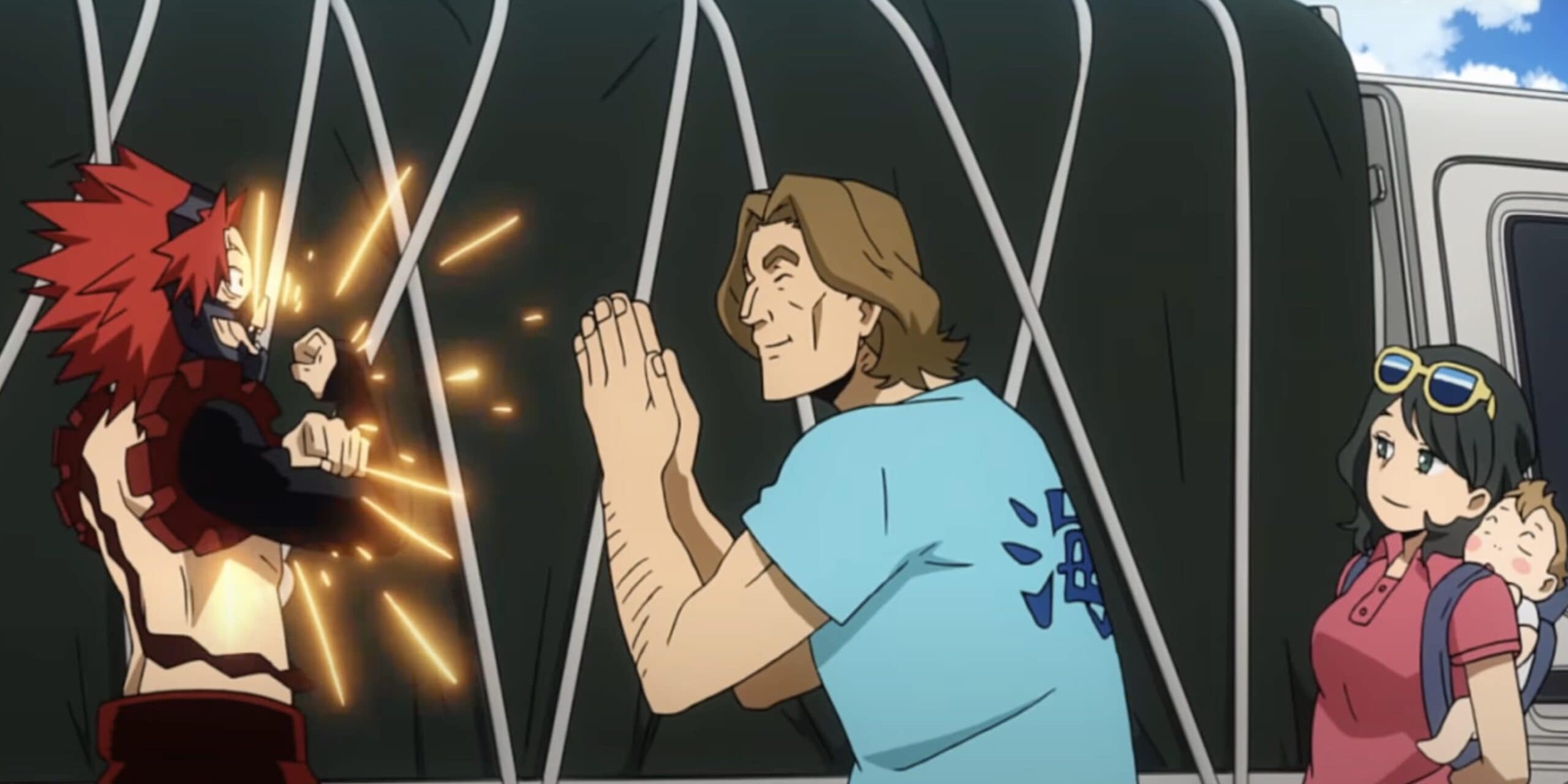
There is a feeling among certain fans that the production team may be overly focused on churning out these films compared to properly pacing and maintaining animation quality in the core anime storyline.
This skepticism stems from reasonable business logic – anime films require a similar workload to produce as a full season yet can generate significantly higher box office returns and profits if successful.
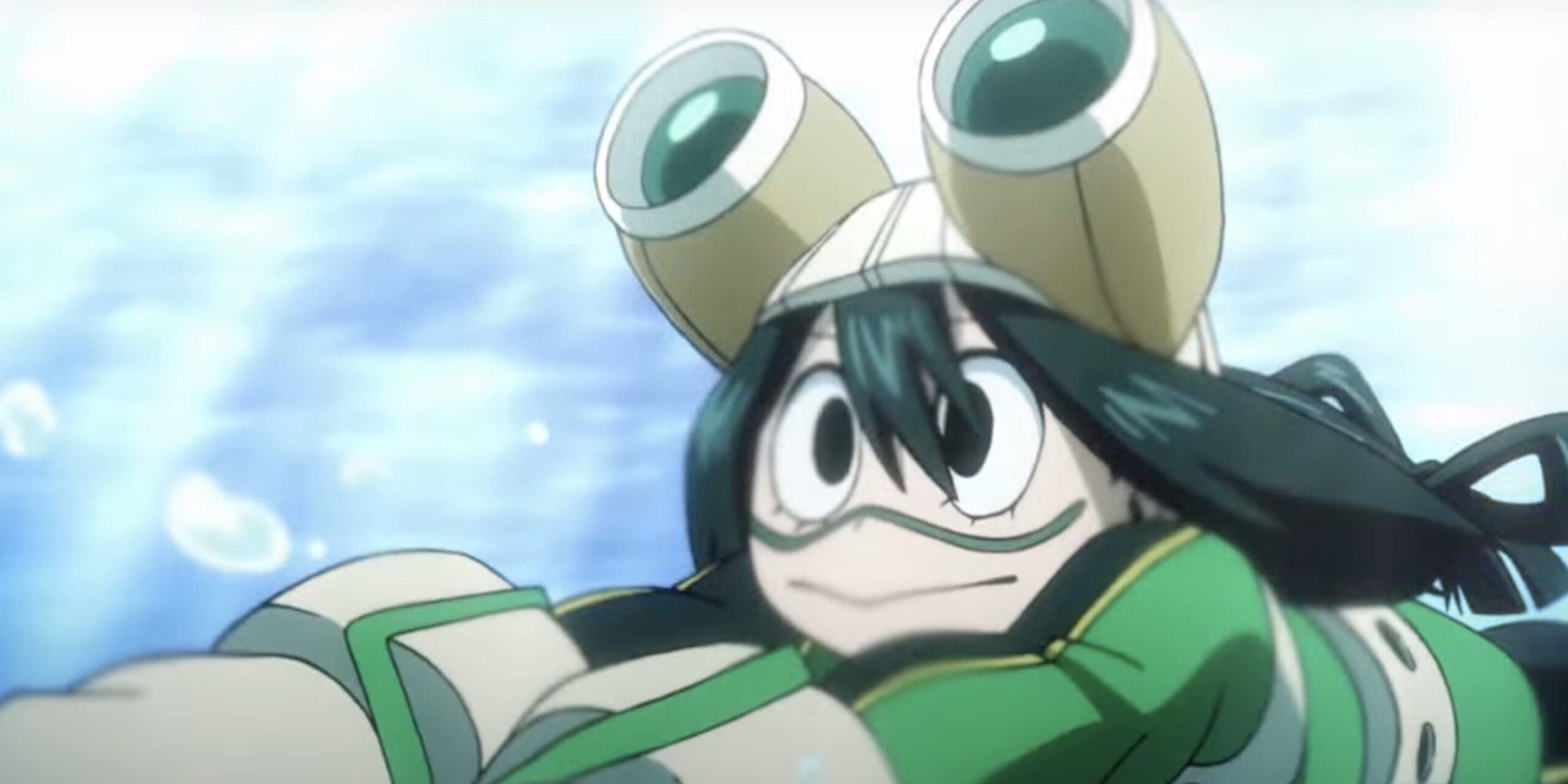
Jujutsu Kaisen 0 and Demon Slayer: Mugen Train clearly show the monetary potential.
As such, critics argue Bones may be more motivated by the chance for quick monetary gain from MHA films rather than dedicating full attention to keeping a flagship series consistently strong.
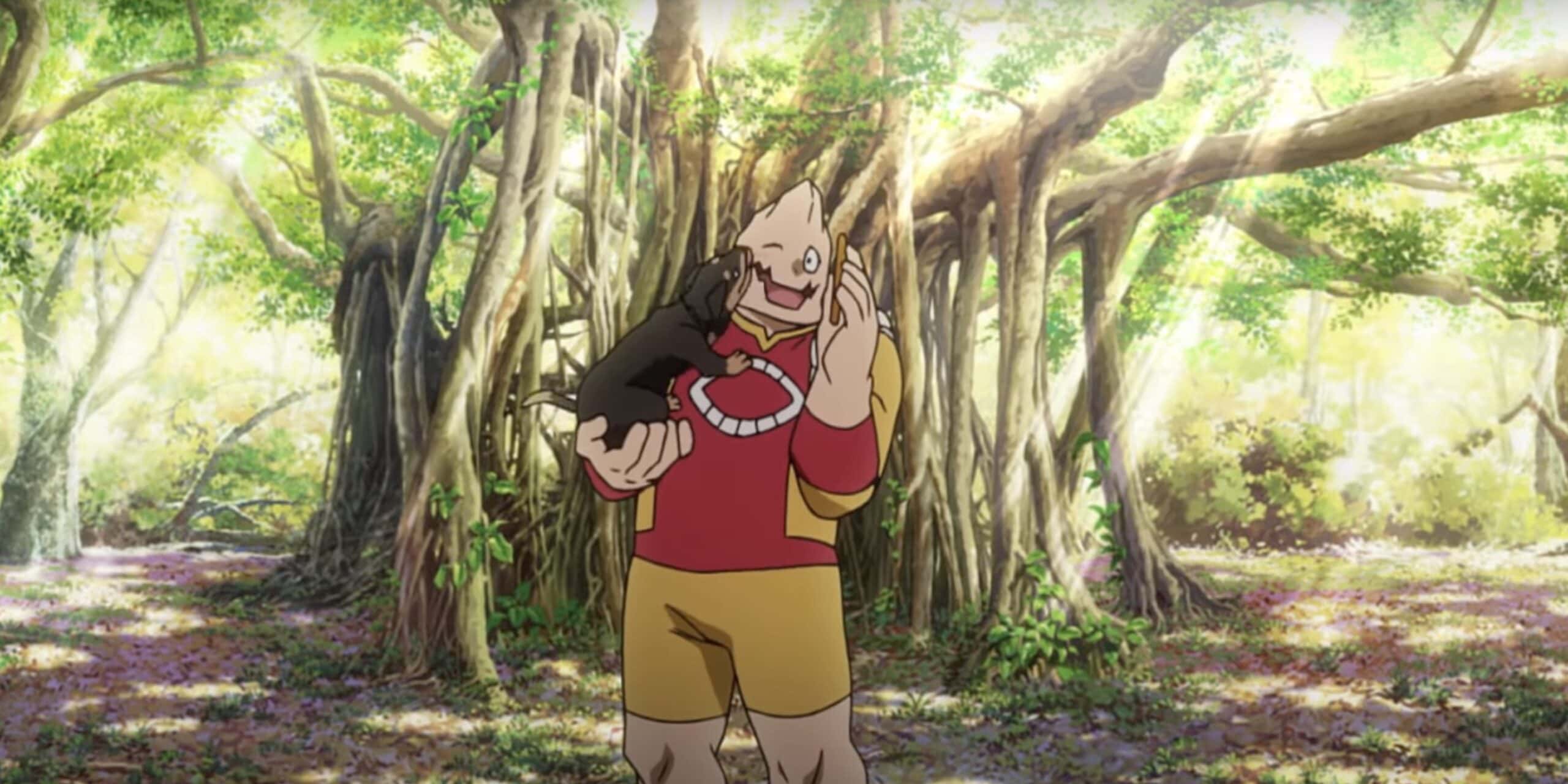
Whether fair or not, sentiments have surfaced accusing the studio of cash-grab tendencies and misplaced incentives when determining where to concentrate top talent and resources.
Between movies splitting attention and seasons feeling rushed at points, parts of the fanbase feel Bones fails to serve My Hero Academia’s grand potential – squandering rich characters and stories in favor of formulaic films. Time will tell whether the anime can recapture early magic.
Missing the Blockbuster Magic – A Call for Strategic Relevance and Quality
While churning out three films and counting, My Hero Academia has yet to produce a true smash-hit movie phenomenon that matches the financial windfalls or zeitgeist-capturing mania sparked by Jujutsu Kaisen and Demon Slayer.
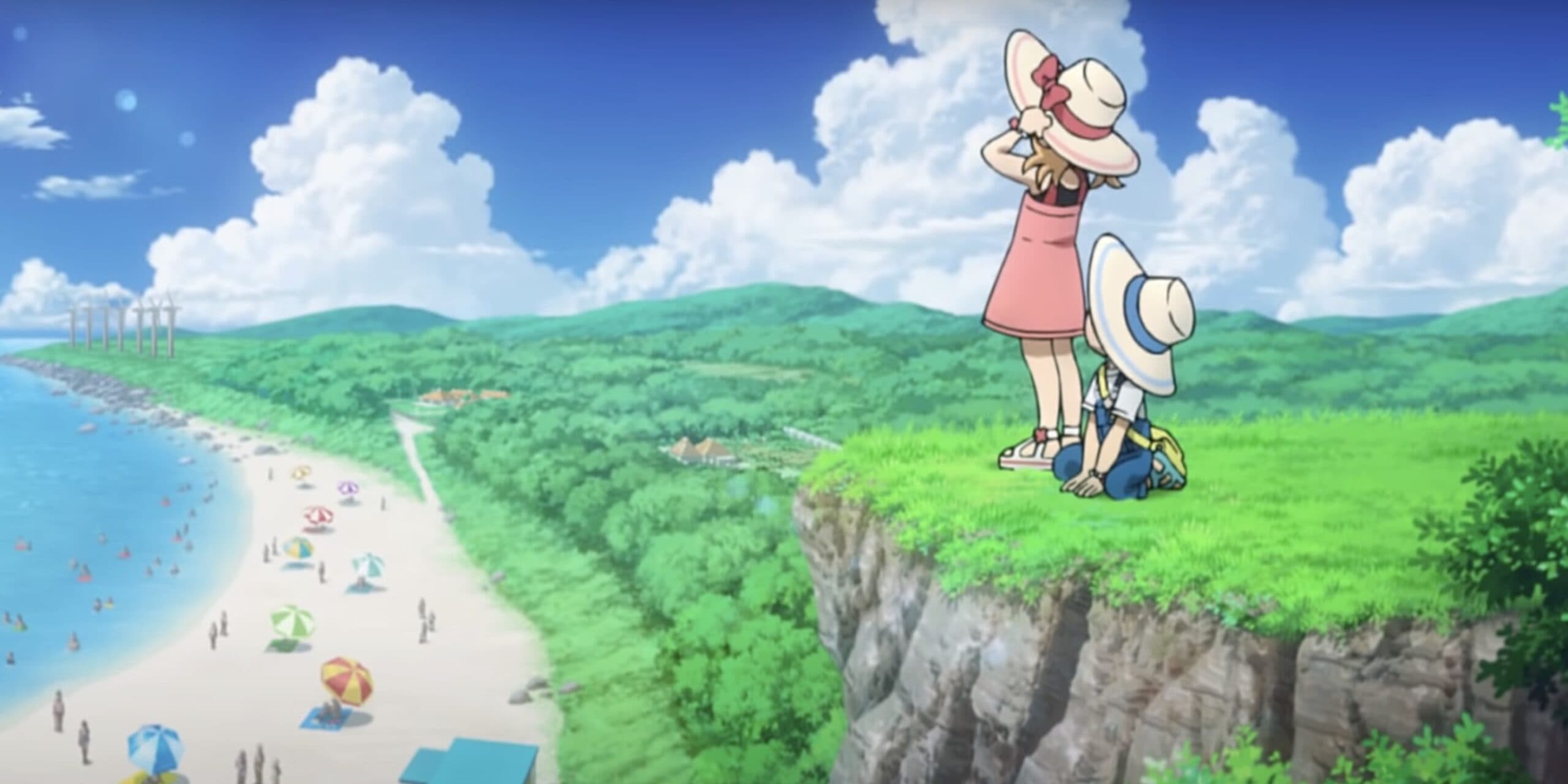
As side stories, its movies simply lack the gravity of the plot that made prequel and arc adaptations feel so essential for those other blockbuster series.
Bones has arguably prioritized pushing these movies out on profitable timelines rather than patiently crafting event-level content or ensuring the core anime meets expectations.
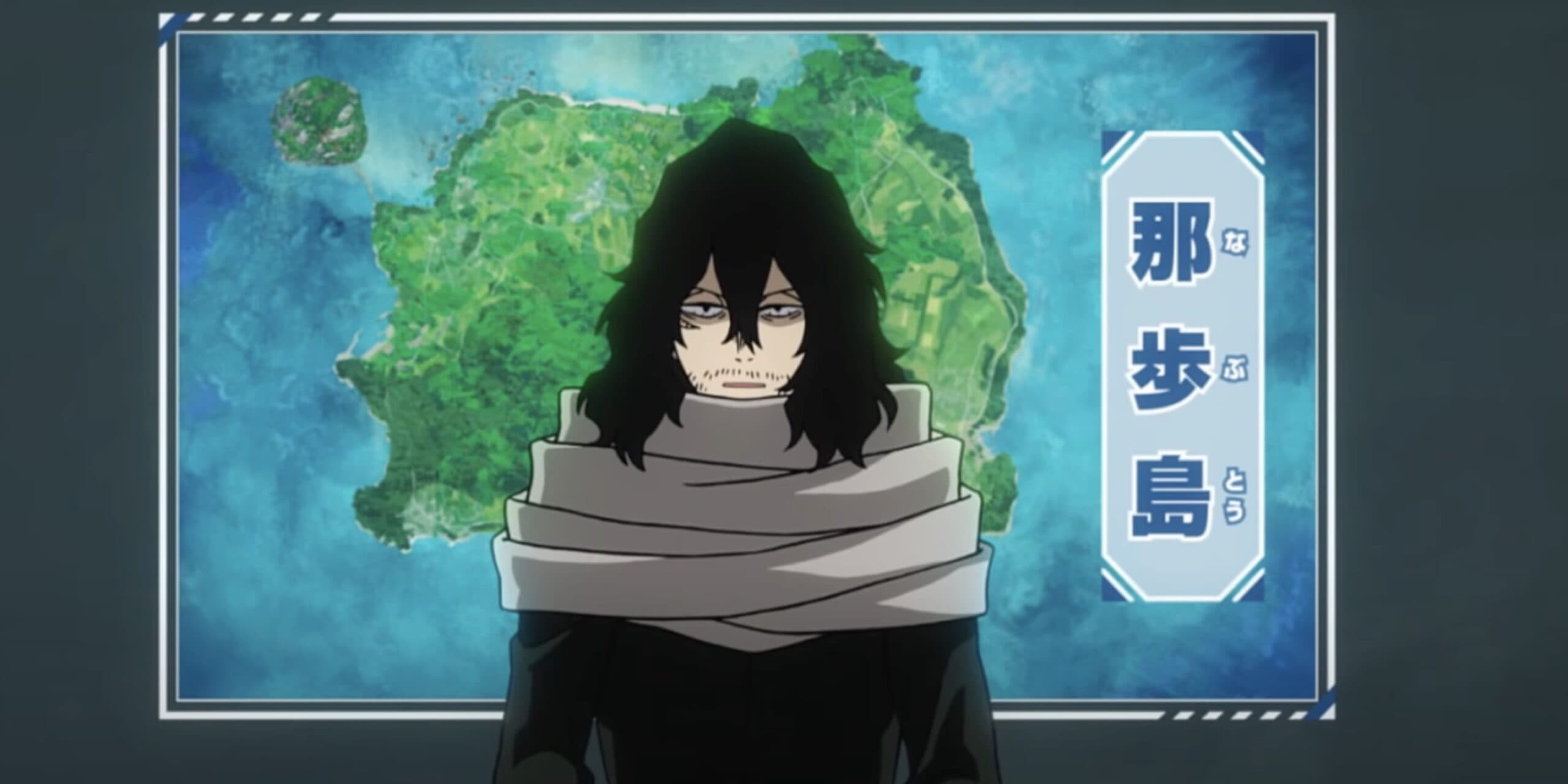
Unless the studio changes strategy to either A) make a My Hero movie truly pivotal to the overarching narrative or B) stop overextending resources in a way that may shortchange seasonal quality, they likely won’t reach the Hollywood-esque heights of their peers.
For the films to become must-see cinema on par with Mugen Train or Jujutsu 0, Bones must make storyline relevance and polish priorities over speedy capitalization on popularity.
Or by rushing mediocre anime seasons to facilitate more movies, they risk fatiguing fans and losing steam earlier than necessary for this creative superhero world.


